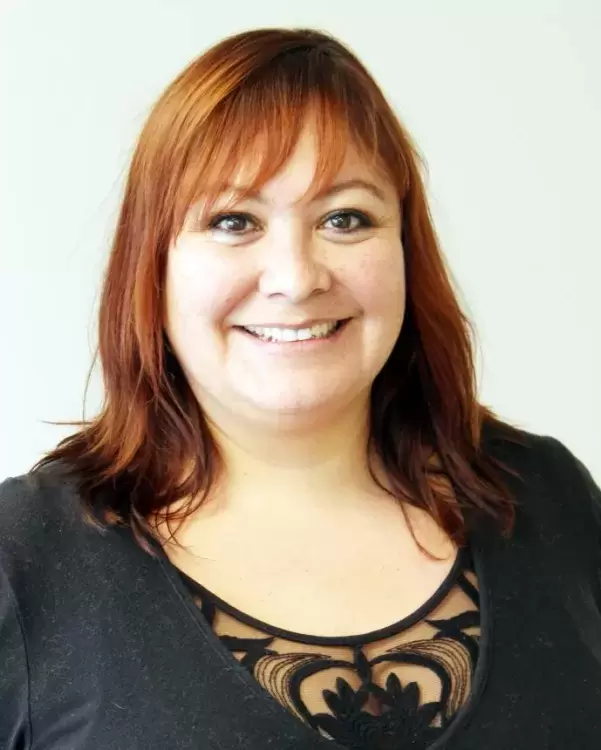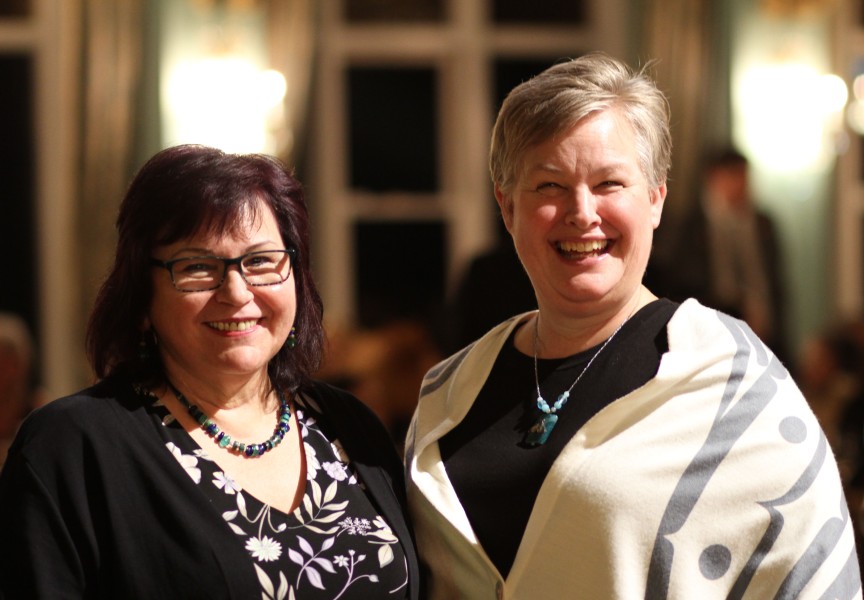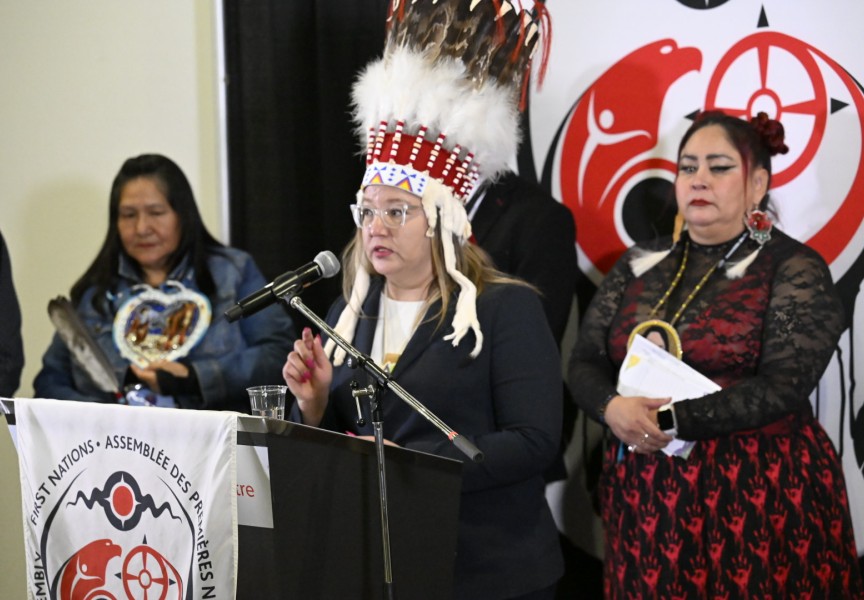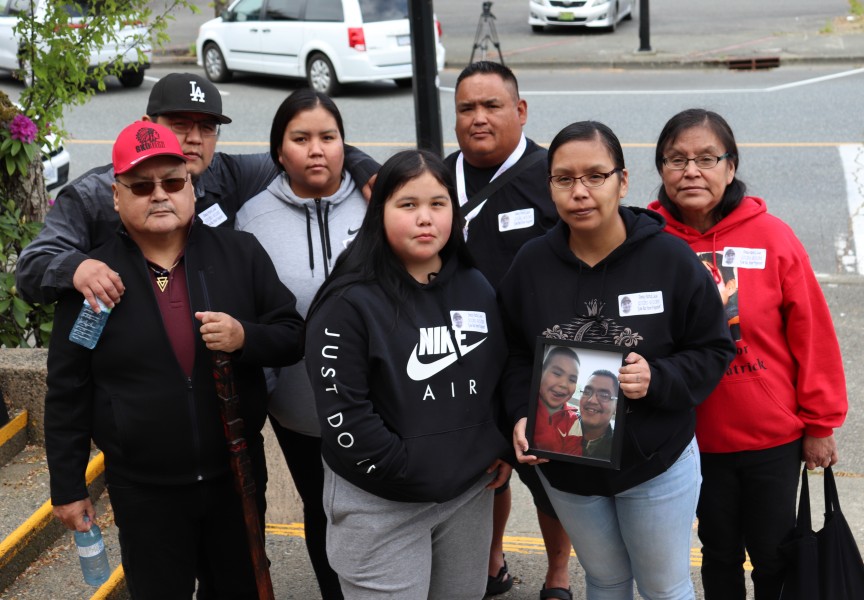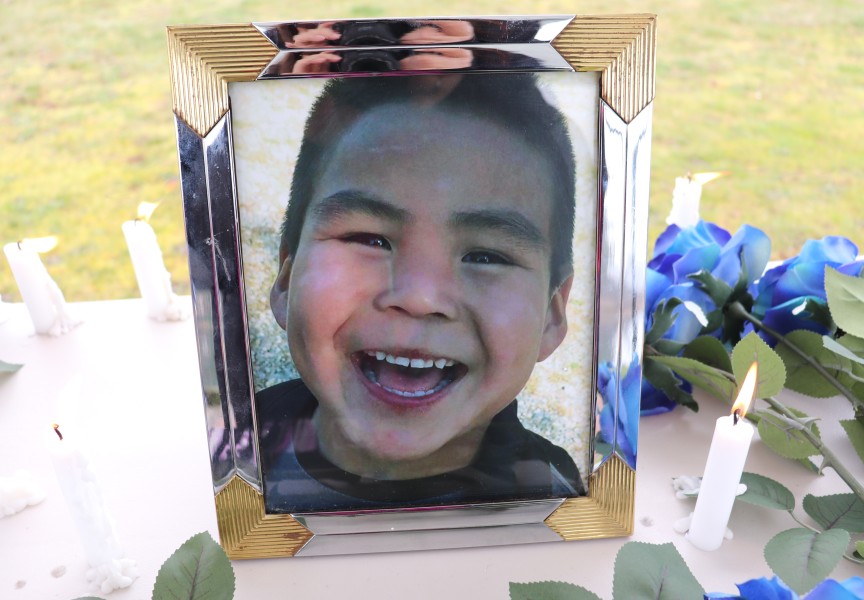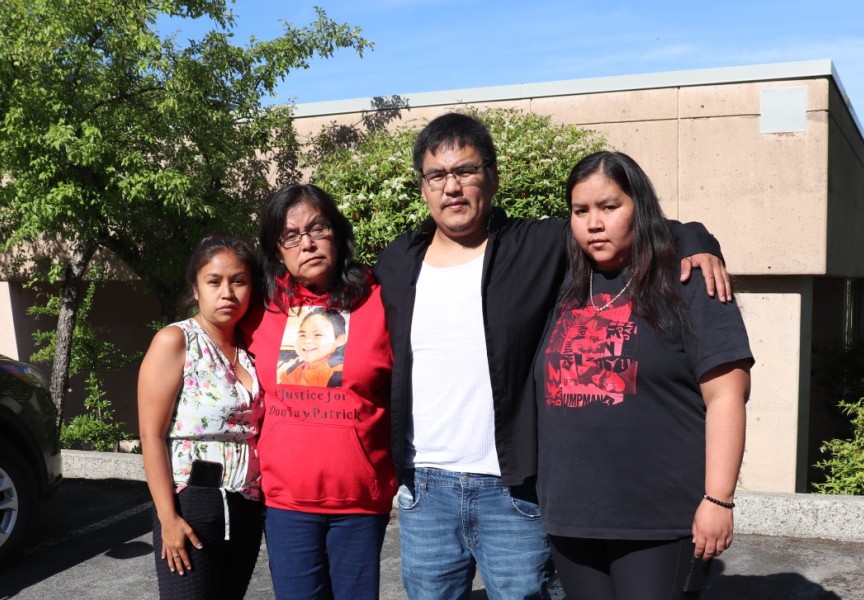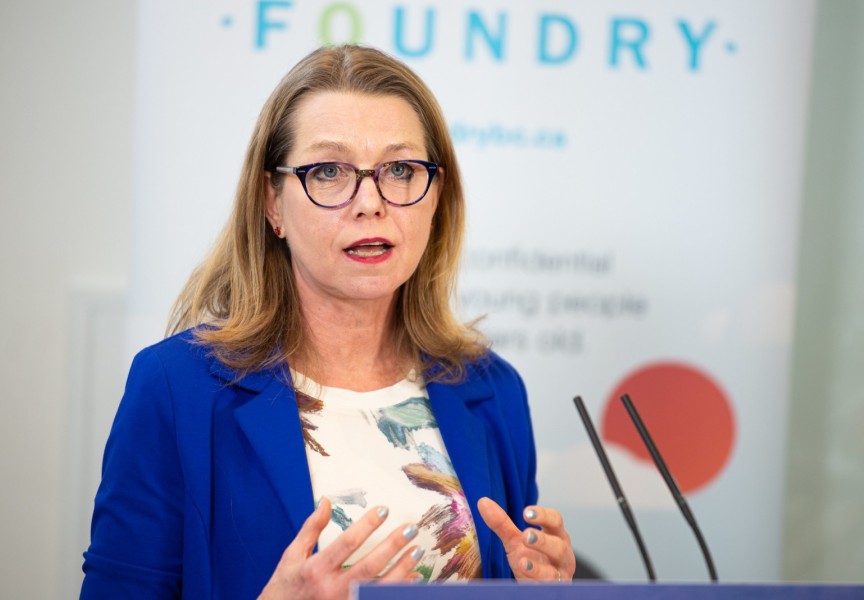More support is needed to break an escalating cycle of removing Huu-ay-aht children from their families, according to an independent panel’s report on foster care that was released Thursday.
After months of consulting with the Huu-ay-aht community, the panel’s findings speak of “circles of protection” that families need to make more decisions on the future of their children. The report recommends stronger assistance for families, particularly during periods of transition when children are temporarily sent to foster care, when they return home or if a parent is undergoing addiction treatment. These are improvements deemed possible under the Maa-nulth Treaty for the Huu-ay-aht’s child and family services.
The panel was appointed by the Huu-ay-aht First Nations’ executive council with the priority of “bringing our children home,” stated the First Nation. The independent body includes Kim Baird, former elected chief of the Tsawwassen First Nation, Lydia Hwitsum, former elected chief of Cowichan Tribes and chair of the First Nation Health Authority’s board of directors, psychiatrist Dr. Miles Blank and Maegen Giltrow, a legal counsel with experience in Huu-ay-aht laws and treaty implementation.
There are currently 34 Huu-ay-aht children in care, representing 17 per cent of the approximately 200 minors within the First Nation. This is symptomatic of what First Nations across Canada are dealing with, said the panel.
“Huu-ay-aht children today are, like other indigenous children in B.C., many times more likely to be taken away from their families and placed into the foster care system than are non-indigenous children,” stated the panel’s media release.
For Huu-ay-aht Councillor Sheila Charles, the issue is escalating. When she was first elected six years ago she recalls 18 Huu-ay-aht children in care, now that number has nearly doubled. Nine of these youngsters are living with Huu-ay-aht foster parents, but the rest are being cared for by people outside the First Nation.
Charles wanted the panel to investigate the issue after seeing that the number of First Nations children in care has come to supersede the masses that were taken into residential schools years ago.
“I saw that system was clearly flawed, not working, and basically, to me in my eyes, just continuing on the separation of families,” she said. “I saw the parallels between removing children from their families, from their homes, from their traditional territories, from their language.”
To improve the system the panel has recommended dedicated resources for front-line services available to families, including counselling, co-parenting, household support, anti-violence education and transitional housing. Charles said this will mean at least three more positions the Huu-ay-aht will create to assist families, adding to the existing staff member currently working in this role. One of the new positions is to help parents in Port Alberni manage their rights, while another family advocate will travel throughout the West Coast. The third new position will focus on Huu-ay-aht family preservation and healing, said Charles.
“There’s better chances of our children ending up in care because we haven’t started that healing process of those sufferings of the intergenerational issues,” she said. “Those children who have been in care, their children end up being in care…the numbers just multiply. Here we are trying to get on top of our healing for our people and it’s just layering up more traumas.”
In its statement the panel noted the determination Huu-ay-aht families displayed while speaking about pain and powerlessness.
“Throughout our interview process, we heard from Huu-ay-aht people who have come through great adversity – their own confrontations with addictions, violence and poverty – who, from the depths of their spirits, want to help other Huu-ay-aht people away from that pain,” said the panel.
“There’s a reason why our people are losing their children and that’s because of what happened years ago, that’s still affecting us,” added Charles. “Even though we might not have attended residential school, those teachings and learnings that our parents took from there – just one being ashamed of being First Nation – gets passed down. The healing needs to take place.”
The next steps are for the Huu-ay-aht to consult with its families on how to best meet the needs identified by the independent panel.
“We will look for funding from the provincial government and the federal government,” said Charles. “We might have to do some renegotiating.”

